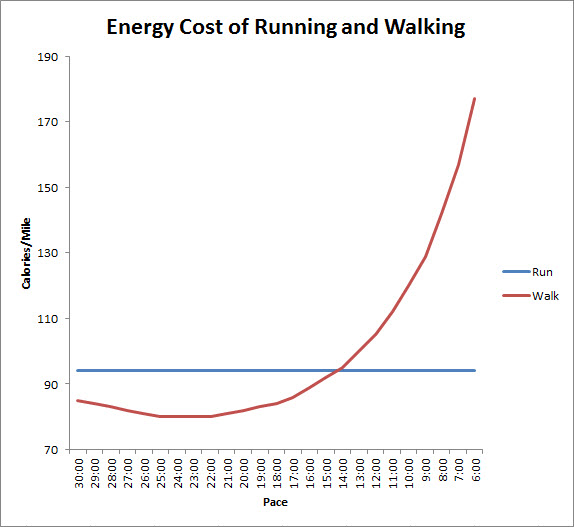I say forget the math and go hike.

There is a documented phenomenon that walking slow repeatedly stops your momentum making you stop-start each step essentially. Walking a bit faster conserves your momentum a bit making faster walking more energy efficient up to a point obviously. Going uphill/downhill changes everything in regards to energy expenditure.
AFAIK cubed comes in with wind resistance there's not much wind resistance at walking and running speeds but as a cyclist it's a major factor with us. I've always heard it increasing as the square, not cube though.
One interesting tidbit. For decades we had calculations on energy expenditure while cycling, weight vs speed on flat windless terrain (computed from lab testing also) and when they put power meters on bikes, found that the actual expenditure was somewhere between 1/2 to 1/3 of prior estimates. So that cool 6000 calorie ride you just did got knocked down to about 2400 calories. I think putting someone on a treadmill in a lab is a great way to estimate what you get running/walking but it's completely different in the real world.
